Taiwan’s ‘open source, open government’ movement has been key to the country’s success in containing COVID-19. Taiwan was one of the first countries to detect the spread of COVID-19 in Wuhan, when a post on a public bulletin board was heavily upvoted. Civic tech coders and activists then used live maps and distributed ledger technology to identify and distribute masks. Digital Minister Audrey Tang calls the bottom-up process ‘reverse procurement’.

So what?
Taiwan’s success in containing COVID-19, with fewer than 500 cases overall, demonstrates that public safety does not depend on a heavy-handed government-led response. While many governments have used the pandemic to seize greater control, Taiwan has relied on civic empowerment and digital tools.
A few factors have been cited as key to the success of Taiwan’s digital democracy. One is the support and leadership of the Digital Minister, Audrey Tang, who writes in her manifesto On Utopia for Public Action, “Deliberation, thinking deeply about something together, is an effective vaccine against virus of the mind.”
Next is the digital infrastructure to enable online discussion and action, via the platforms vTaiwan and Join. Tang describes vTaiwan as “a g0v (gov-zero) project run by volunteers that works with the Taiwan administration on crowdsourcing internet-related regulations.”
Then there’s the culture of civic participation for collective gain, which is built on a trusting relationship between people and government. Around half of Taiwan’s population (10 out of 23 million) participate directly in digital democracy. Challenges to such trust and shared perspective are rife today, particularly through state-led disinformation campaigns that aim to polarise. Taiwan has been inundated with foreign disinformation attacks, particularly from China, yet it succeeded in conducting fair elections in January 2020, through active fact-checking and public education campaigns to increase media literacy.

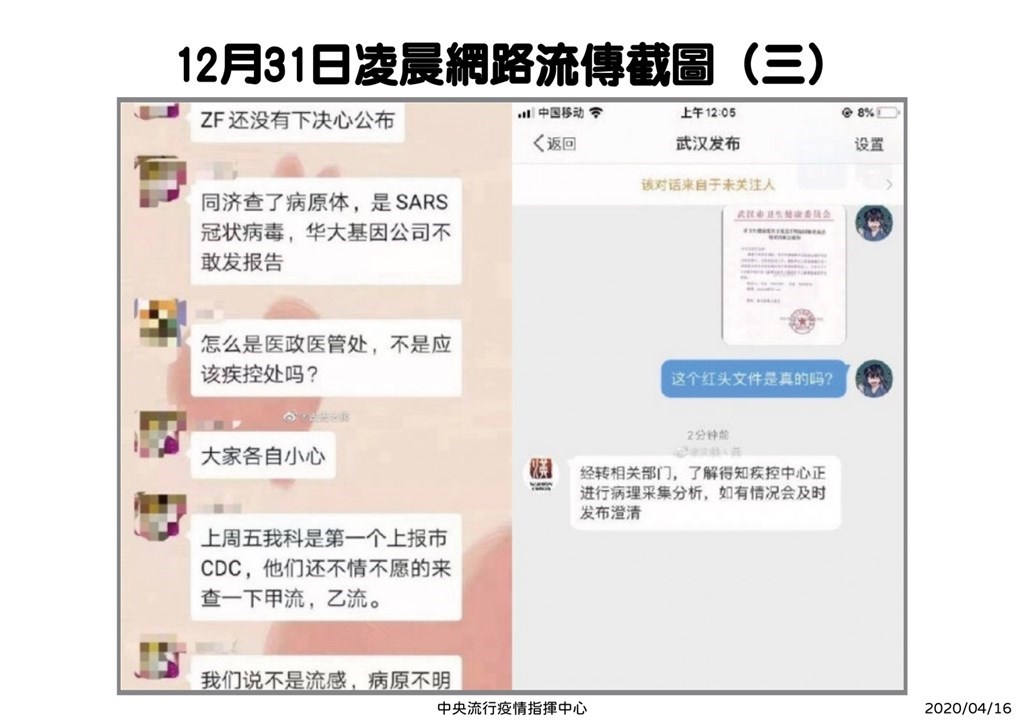

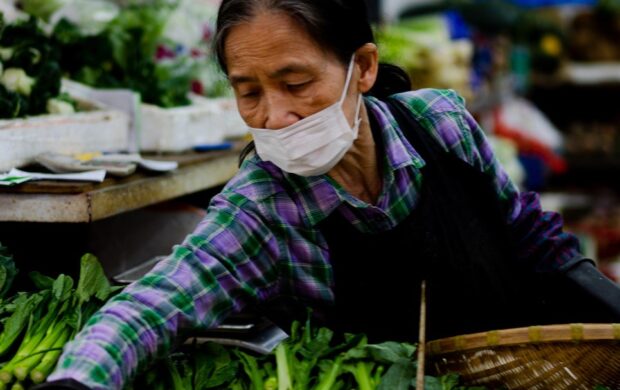

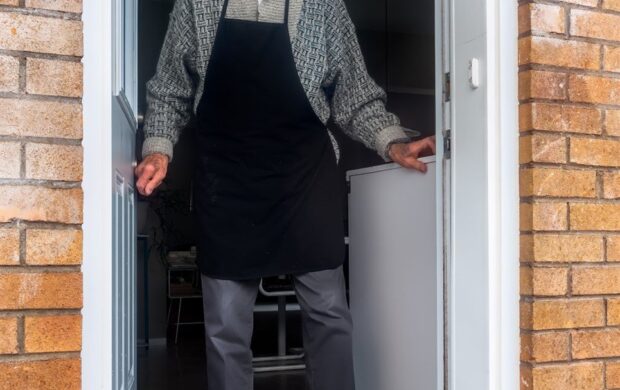
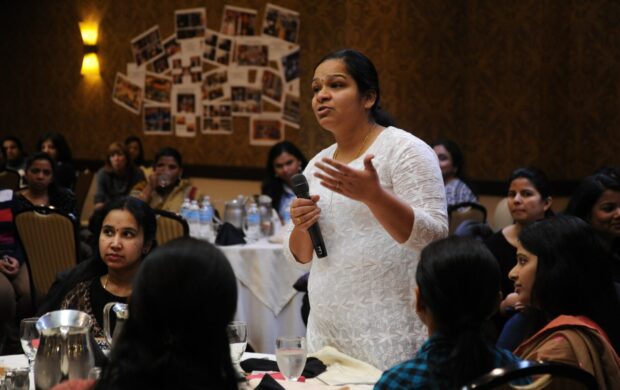





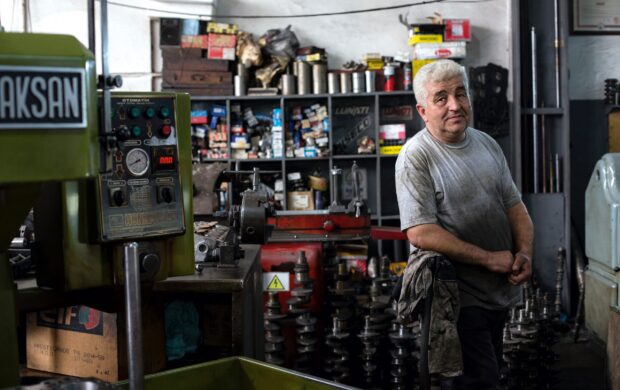
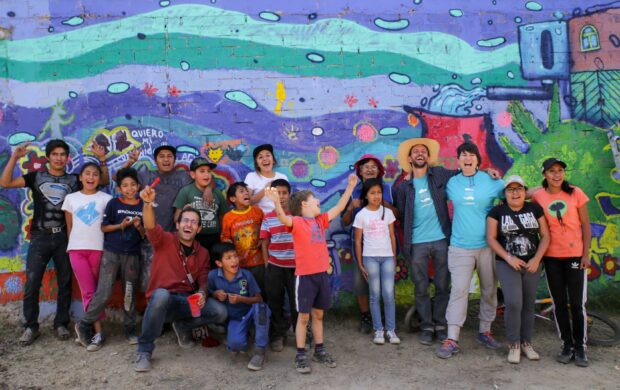
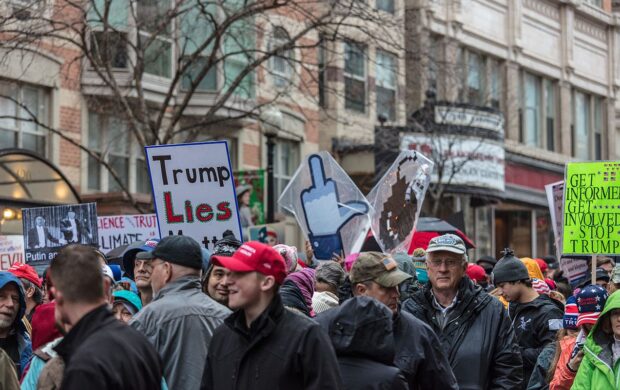

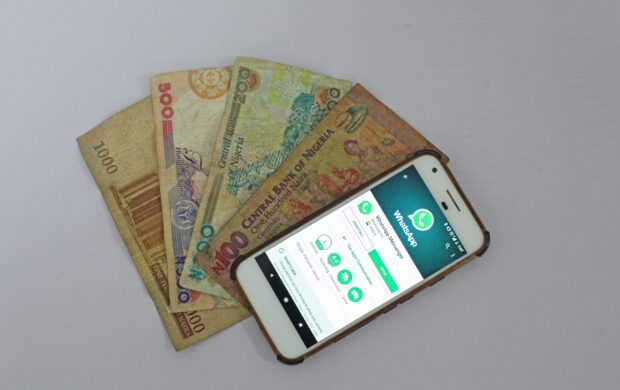
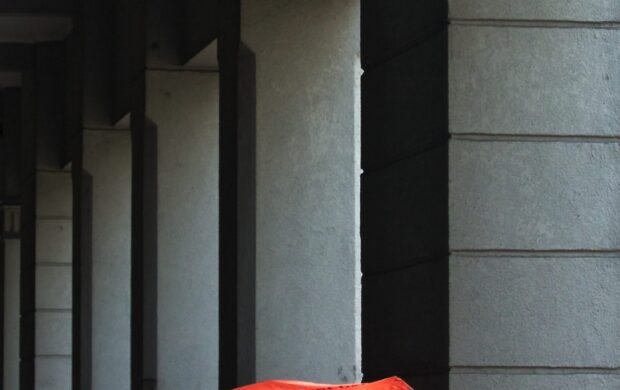

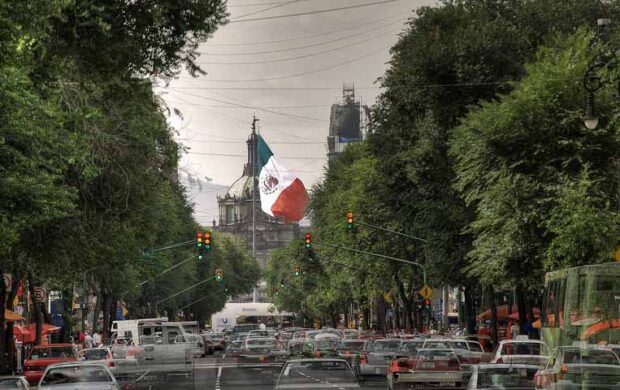




Join discussion